Reflection: "Overcoming Darkness"Here we are at the end of anther year.
How quickly they seem to roll around. On Christmas Day, we focussed on the good in people, the good in the presents we received, the good in the food and drink we enjoy and the good times we have with our family and friends. On Christmas Day we tended to be a little more patient with people, a little more careful with things that needed cleaning and a little more thoughtful with what needed to be done during the festivities. Christmas Day is a day of happiness, joy and celebration, and if there’s anything that threatens to upset this day, we often try to ignore it, or deal with it the days to come. I don’t know, maybe I’m the only one who feels a little flat after Christmas, but I wonder if others also feel the same? For me, these last few days have sort of been like a Christmas Day hangover. I felt a little more tired, a little more worn out, a little more drained. The good that I focussed on at Christmas time has become a little harder to see. What I had left undone, now needs to be tackled. Work beckons, gifts break, the bank balance has shrunk considerably, and the bills soon start rolling in. My fitness has regressed and it just seems harder to take off the weight I gained from all the eating. Of course, this isn’t the same for all people. For some people, Christmas Day can also be tinged with sadness and grief, especially if loved ones are missing, either through distance, or death. And if one’s health has deteriorated during the year, some may find that their Christmas celebrations are not the same as they used to be. Christmas Day is often a day where we try to escape from reality, leave all our problems behind, close the door on outstanding work, or those petty arguments, and try to focus on the good instead of the bad. But following Christmas Day we have days when we all need to come back down to earth. Reality hits us again. Last Sunday, in the Christmas Day service, we heard again about the good news of Jesus’ birth. Angels and shepherds sang praise to God because he came to be with his people. Truly a cause for celebration, hope and joy. But what do we hear in our Gospel reading today? Jesus is already being chased by death! As I said - reality bites! From the very beginning, death chased Jesus. He and his family needed to flee out of their own land, so that Jesus could survive infancy. He had to escape to Egypt, the place from which God had already saved his people so many years earlier. So, Jesus and his parents knew what it was like to be refugees. Their lives were in danger, and they were forced to leave their home, family and friends and make an arduous journey down to Egypt. Isn’t it strange that here is God himself, the King of all creation, who is all-powerful, but now needs to run from Herod’s butcher’s knife. Of course, with hindsight and the help of the bible, we know how the story then develops. The whole life of Jesus is one of obedience to his Father in heaven, as he endures suffering, criticism, beatings, and even death. Jesus, the one through whom all things came into being, came to us in human flesh, in order to establish our salvation through his suffering. This means that as he entered our world, he also lived in our bittersweet reality, felt our excitement and fears, and would even experience the loneliness of death. The King of creation, who has no peer on earth, now calls us his brothers and sisters because he’s like one of us – one of us in flesh, but also one of us who has experienced suffering and temptations - although with one exception – he remains without sin. Therefore, because of this, we can rightly call ourselves children of God. Despite the fact that Jesus actually has no beginning or end, he also experienced the isolation and finality of death in his earthly life, just as all of us eventually will. Jesus understands that death loves to surround us and sometimes stands at the very edges of our celebrations. Death, the fear of death, or even the death of others, can spoil our joys and can also bring us down into a helpless state of despair or depression. Jesus knows this, because he experienced it too. In the same way as a good lawyer needs to get to know his client, and a good doctor needs to get to know his patient, so, too, Jesus identifies with us – with all our frustrations, temptations, sufferings and flat days, but he’s also familiar with our eventual victory – over the darkness of death itself. Jesus came to suffer and die in order that he could identify with our suffering, but also so that we won’t despair, or lose hope, because of our suffering. Jesus brought light into the world and, through his death, has therefore destroyed the power of death. The devil, the Prince of Darkness, is defeated. Through his suffering and death, Jesus now identifies with us, even in our Christmas celebrations and our post-Christmas blues. He frees us from our slavery to death and the fear of death itself. Yes, they’re still there, staring and threatening us even on our days of celebration, our days of regret, and on our depressing days, but that’s all they can do – glare and threaten us. They no longer have any teeth to sink into us. Herod wasn’t victorious over Jesus, because Jesus and his family survived. Suffering and temptations weren’t victorious over Jesus. He endured and remained faithful and obedient to his Father in heaven. Death wasn’t victorious over Jesus, because Jesus still lives and still stands before God the Father, feeling our pains, our sorrows, our depression, our suffering and our fears. So, even if we’re feeling a little flat in the days after Christmas, we can take comfort in the fact that Jesus, the Light of the World, remains triumphant and will be faithful to all of us, no matter how we feel today, or tomorrow, or the next. Let us look positively toward what await us in 2023 and hope that it will be a year n we get on top of pandemics, reduce the stress caused by rising costs of living and see the end to all wars, domestic violence and bigotry. New Year’s blessings on you all………….Pastor Rick
2 Comments
Reflection: |
Pastor
|
LANE COVE
|
Worship Service:9:30am Sunday
© Lane Cove Uniting Church | 2020
|

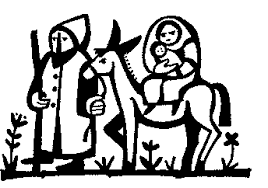
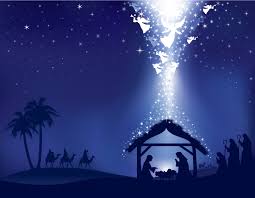
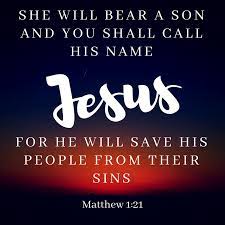

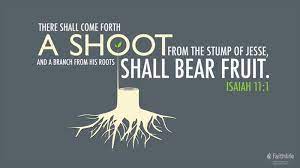
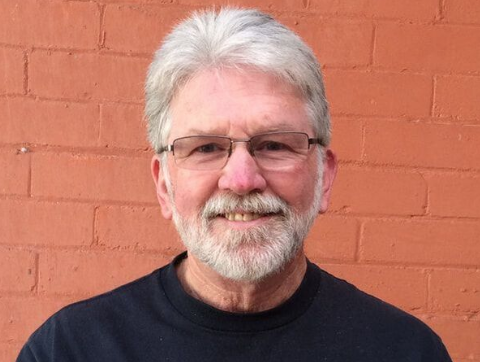
 RSS Feed
RSS Feed